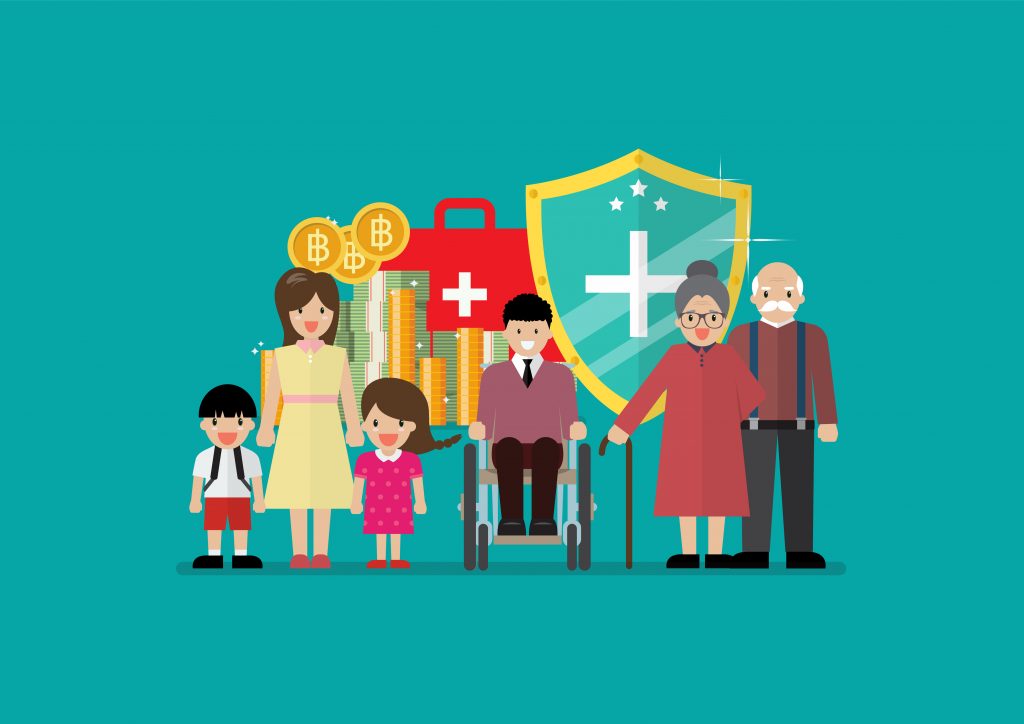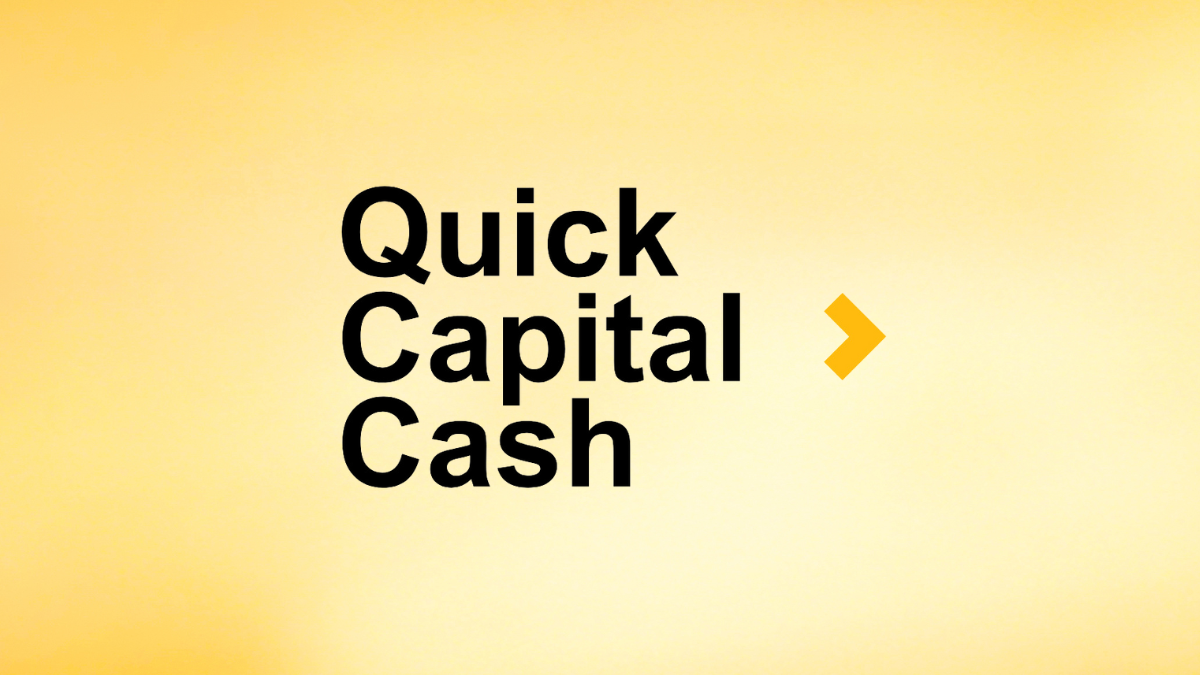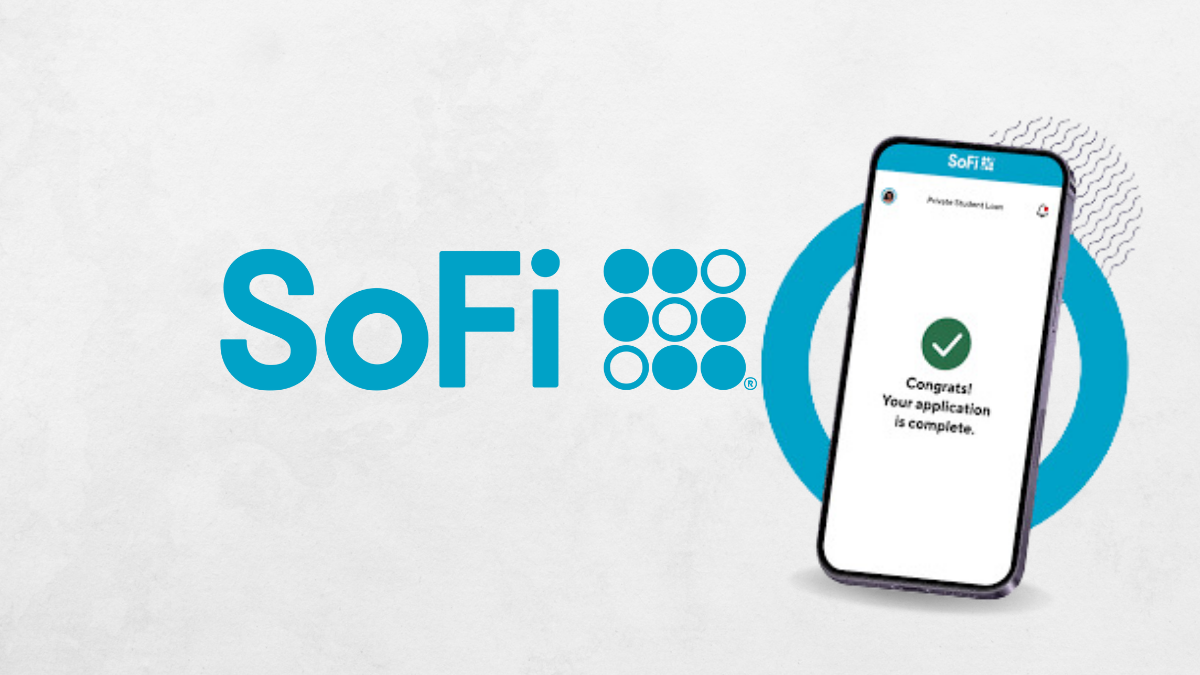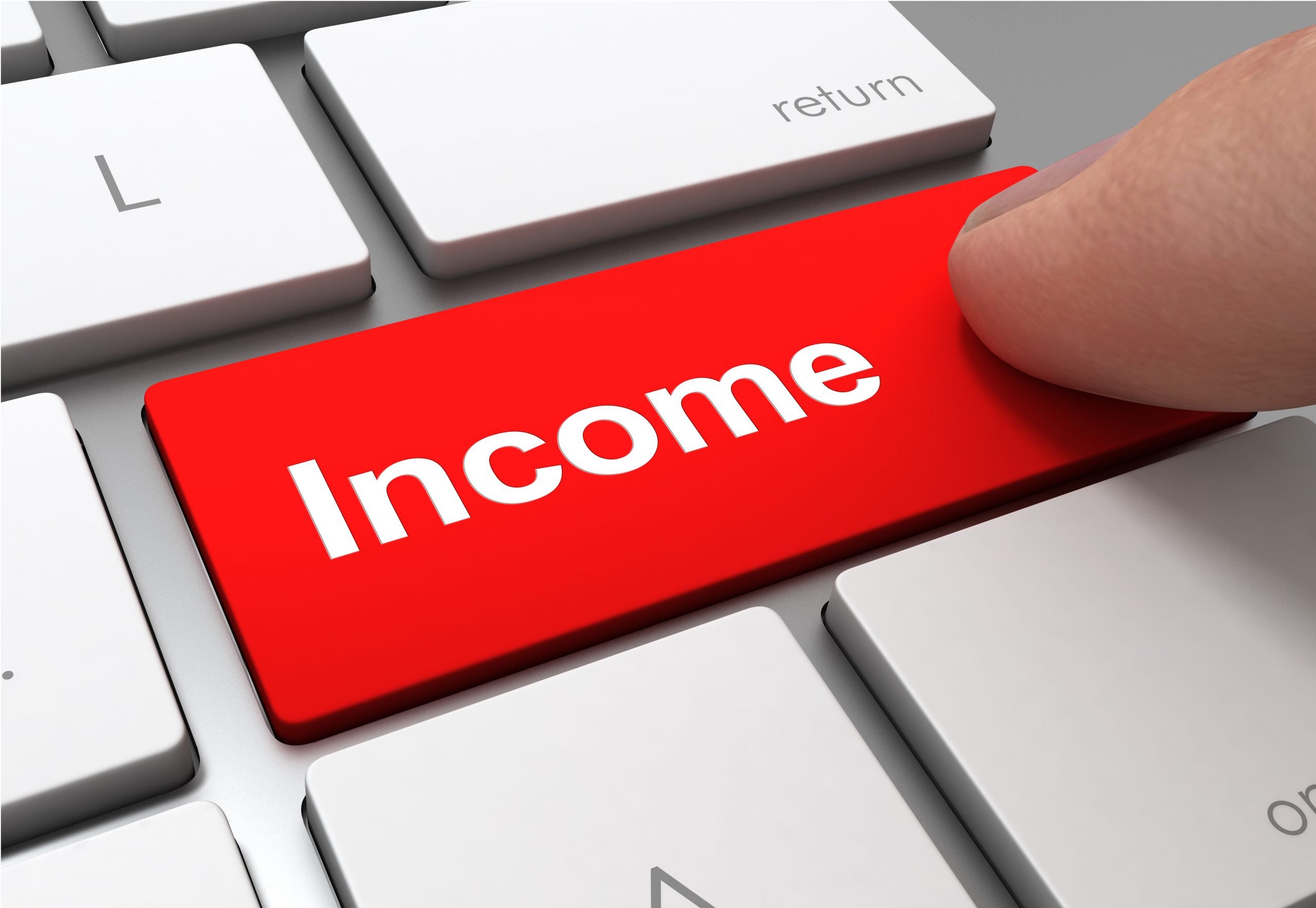Benefits
Welfare Program: choose the right one for you
Unsure which Welfare Program is right for you? Check out our guide to see if you're eligible and find out more about the benefits!
Advertisement
We have gathered all the information necessary for you to apply for a Welfare Program. Select a benefit below to learn all about it.
Choose a Welfare Program
The U.S. government offers many social benefits to its citizens. However, not everyone knows about them or how they can take advantage of these opportunities.
The process of finding the right welfare program can be challenging. But there are some essential factors to consider before you choose.

Managing your mortgage: best tips
It's time to talk about managing your mortgage. See these expert tips for staying on top of your payments and keeping your finances healthy!
To ensure you have access to social programs in your area, it is important to meet each state’s requirements.
That is why we provide information about the registration process, requirements necessary for applying and the main points of each social program to make it easier for you to participate.
What is a welfare program and how do they work?

In fact, before you choose the best Welfare Program, it is important to understand what they are and how they work.
Well, these are a set of projects created by the government to help needy families. Through joint transfers of resources, the State and the government offer basic services to the poorest population.
These services are provided in the form of full or partial financing of health, food, rent and many other expenses. In most cases, this funding is not deposited directly into the beneficiary’s account.
These are programs created by the central government and offered practically throughout the country. However, its management is decentralized and takes place independently in each state.
Thus, each state can decide the rules it will require from applicants for these programs in its territory. However, the basic rule of providing assistance only to really needy families must be obeyed.
Thus, the proof of low income is given by calculating the monthly or annual income.
In this way, each state will be responsible for defining the maximum percentage of income to participate in these services based on the Federal Poverty Level.
In all, the US offers six major income-based welfare programs. Below is a list of these:
- Temporary Assistance to Needy Families (TANF);
- Medicaid;
- Supplemental Nutrition Assistance Programs (SNAP);
- Supplemental Security Income (SSI);
- Earned Income Tax Credit (EITC);
- Housing assistance.

How to get started with personal finance: learn 4 tips
Are you looking for some tips on personal finance? Here are our top tips for managing your money and reaching your financial goals!
You will be redirected to another website
You’ll receive messages for less than 1 week, with a maximum of 1 message per day. You can unsubscribe anytime by replying STOP. By submitting this form, I confirm that I am 18+ years old and agree to the Privacy Policy and Terms and Conditions. I also provide my signature, giving express consent to receive informational messages via automated emails, SMS, MMS text messages, and other forms of communication. Message frequency may vary as part of our good-faith effort to respond to your inquiry. Message and data rates may apply. Text STOP to cancel. I understand that my consent to receive communications is not a condition of purchase and that I may revoke my consent at any time.
Meet other Welfare Program options to choose
The federal government, in partnership with the states, also offers other smaller programs or programs that do not depend on the income for qualification. Meet them below:
- Pell Grants: offers scholarships to fund colleges for students from underprivileged families;
- Child Nutrition: offers free or reduced-price school meals for children;
- Head Start: a preschool program for children from low-income families;
- Vocational training programs provide training, transportation, and employment to Americans who are not always low-income;
- Special Supplemental Nutrition Program for Women, Infants, and Children (WIC): nutrition for women, infants and children under five from low-income families;
- Child Care: a financial aid program to support low-income parents;
- Low Income Home Energy Assistance Program (LIHEAP): a program to help finance the energy bill of needy families;
- Lifeline (Obama Phone): free phone service (internet, text message and calling minutes) for families in need.
Is it worth applying for a welfare program?

In fact, most programs have a separate application process. Thus, it is necessary that you research in your state which agency is responsible for the selection process.
However, the vast majority of application forms can be completed online or over the phone.
Below, we will list the institution that you can look for to have more information about the application process for the welfare program.
- Temporary Assistance to Needy Families (TANF): US Department of Health and Human Services, Office of Family Assistance;
- Medicaid: Healthcare.gov government website;
- Supplemental Nutrition Assistance Programs (SNAP): US Department of Agriculture, Food and Nutrition;
- Supplemental Security Income (SSI): Social Security Administration;
- Earned Income Tax Credit (EITC): Internal Revenue Service;
- Housing Assistance: US Department of Housing and Urban Development.
However, is it worth applying for these programs? In fact, this is a topic that diverges public opinion in the country.
Thus, there is a wing of the American population that minimizes and even despises this type of government initiative.
To this end, they claim that this type of project only serves to garner the votes of the most popular strata. Furthermore, it would be an inverse measure to the principle “teaching to fish instead of offering the fish”.
However, the improvement in the quality of life that these programs have produced in needy families is notorious. Also, many people benefit from this type of program without even knowing it.
For example, the mortgage interest deduction is a form of government assistance.
Why are the welfare programs important for the American population?

Evidently, people in poverty have great difficulty in providing their own income and food. In fact, this reason would be sufficient for the existence of assistance programs.
In addition, this susceptibility profile generates many other problems that affect society as a whole.
For example, people with little or no income are more likely to develop addictions or be recruited into criminal organizations.
Furthermore, financial issues are one of the main triggers for suicide, depression and other psychological illnesses. In this way, we can say that the welfare program generates incalculable benefits for society.
Furthermore, we can say that this type of program contributes to the reduction of general poverty levels in the country.
In fact, an important percentage of people have already left these programs and today live off the income they generate on their own initiative.
Can you apply for more than one program?
Choosing more than one welfare program is not only possible but extremely common.
According to a survey by the Urban Institute, 50% of TANF beneficiaries receive another benefit in addition to this one.
Also, according to that same study, 80% of SNAP recipients are in at least one other aid program. So it’s easy to see that you can accumulate memberships in the welfare program.
However, there is a limit. Every time you enroll in another program, the income used for enrollment will be your income plus the aid amounts you already receive.
If you are accepted into a new program, the amount received will be, at most, the amount needed to reach the Federal Poverty Level.
So if you’ve already reached that limit, you’re likely no longer eligible for another program. Also, in some states, you may qualify for more than one program, even if you only apply once.
If your profile is eligible for another program, you may automatically be eligible. For more information, look for the responsible departments in your state.
Credit cards can also help your finances
If you’re looking for other ways to improve your financial life, credit cards for limited credit might be a helpful option.
Using them correctly will help you build or rebuild your credit score and give you access to better financial products in the future.
So, check out below a list of the best options available on the market and start improving your finances today!

Credit cards for limited credit: find the best card for your needs
Finding a suitable card can be challenging if your credit history is limited. But there are several options out there. Check out the best options for people with limited credit!
Trending Topics

Quick Capital Cash Loan Review: Quick, Reliable Loans
Explore our Quick Capital Cash Loan review for fast, easy loans within a vast network of lenders. Get cash quickly with minimal hassle.
Keep Reading
Pay no hidden-free: Apply for SoFi Student Loan Refinance
Learn how to tackle your student debt with ease! Apply for SoFi Student Loan Refinance with our application guide.
Keep Reading
Clear Money Loans Review: Versatile Terms!
Read our Clear Money Loans review for insights on easy applications, quick funding, and loans for all credit types. Find your best rate!
Keep ReadingYou may also like

Apply for the Possible Finance Loans: Get Fast Cash Access
Get funds fast when you apply for the Possible Finance Loans, featuring a unique approach to lending and incredible credit-building tools!
Keep Reading
Apply for the RISLA Student Loan and Get Lower Rates
Take control of your financial future by learning how to apply for RISLA student loan and access the funding you need.
Keep Reading
The three types of income: learn more about them
Get to know the main types of income and understand why diversifying your income sources is so important. Read on to learn more!
Keep Reading